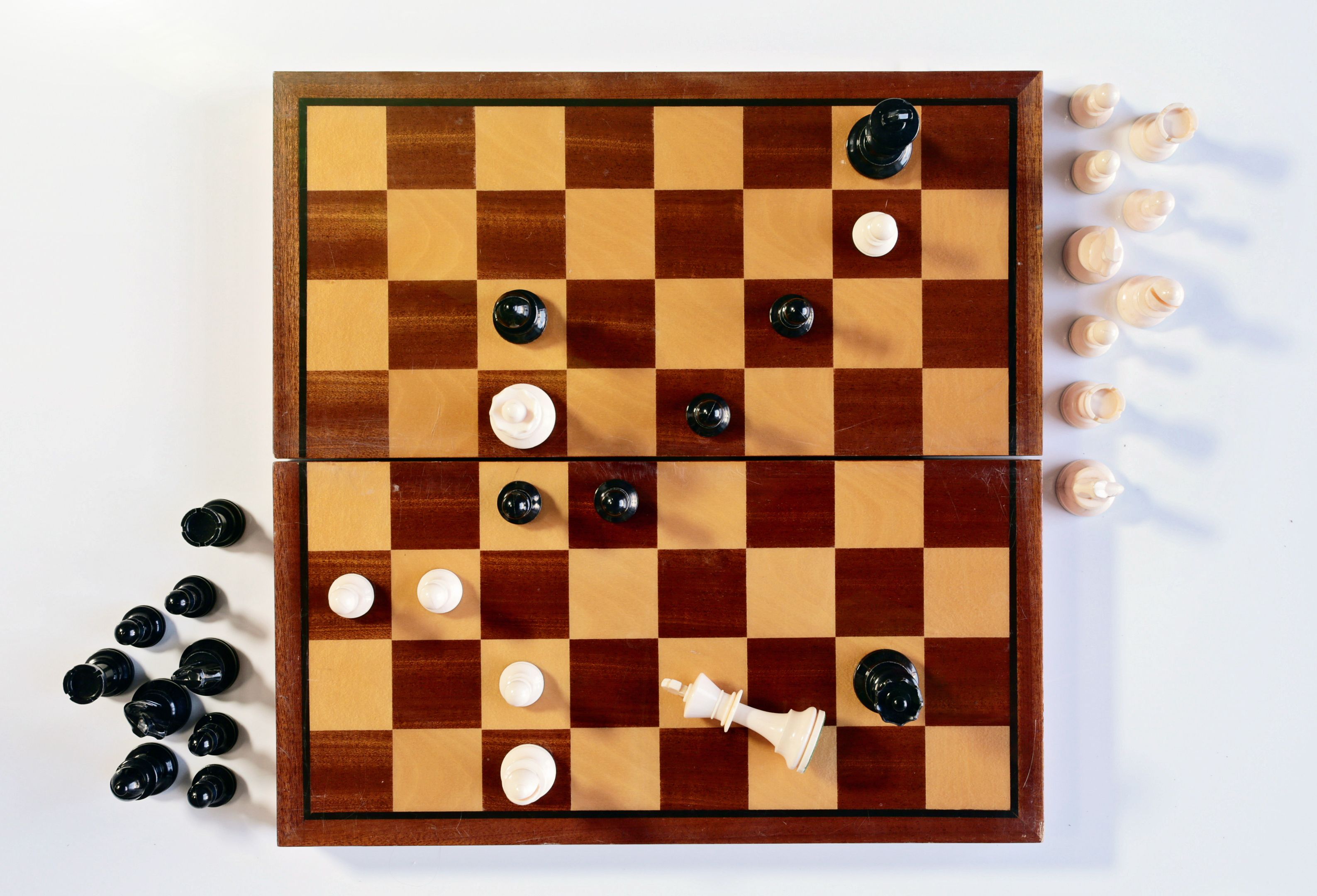Mastering Chess: Key Principles for Success
Understanding the Basics
Chess is a game of strategy, foresight, and patience. To master it, one must first understand the fundamental principles that govern the game. These principles are not just rules but guidelines that can lead to success when applied thoughtfully. Whether you are a beginner or looking to refine your skills, reinforcing these basics is crucial.
The first step is learning how each piece moves and the value it holds. Each piece has unique movements that determine its power and potential on the board. Familiarize yourself with the board setup and piece placement to establish a solid foundation for your games.

Developing Your Pieces
Once you're comfortable with the basics, focus on developing your pieces effectively. The opening moves in a chess game are critical as they set the stage for the entire match. A well-executed opening can provide you with control over the board and set your opponent on the defensive.
During the opening, strive to move your pieces toward the center of the board. Control of the center allows your pieces more freedom and flexibility in movement, providing numerous tactical advantages. Avoid moving the same piece multiple times in the opening unless absolutely necessary.

Understanding Tactical Motifs
Tactics are short-term maneuvers that can lead to an advantage. Learning to recognize and execute tactical motifs like forks, pins, and discovered attacks can change the course of a game quickly. Practicing these tactics through puzzles and drills can sharpen your ability to spot opportunities during actual matches.
It is equally important to develop your ability to see beyond immediate moves and anticipate your opponent's actions. This foresight, combined with tactical awareness, can significantly enhance your strategic planning.

Formulating a Strategy
While tactics win battles, strategy wins wars. A well-thought-out strategy involves setting long-term goals and working methodically towards achieving them. Successful players often have a game plan that guides their decisions throughout the match.
Your strategy should include plans for piece development, king safety, and endgame scenarios. Adaptability is key; be prepared to adjust your strategy based on your opponent's moves and any unforeseen changes on the board.
Mastering Endgame Techniques
The endgame is where many matches are decided, and mastering this phase is essential for success. Understanding key endgame concepts such as opposition, zugzwang, and pawn promotion can make a significant difference in closing out games.
Endgames often require precision and calculation. Practice common endgame scenarios to gain confidence and improve your ability to convert advantages into victories.

Continuous Learning and Practice
Chess is a game of endless possibilities, and even grandmasters continue to learn and evolve. Dedicate time to study past games, analyze your own matches, and learn from mistakes. Leveraging resources such as books, online courses, and community forums can provide invaluable insights.
Regular practice is vital for improvement. Engage in games with players of varying skill levels to challenge yourself and expand your understanding of different play styles.
The Importance of Patience and Focus
Chess demands patience and focus. Rushed decisions often lead to mistakes, so take your time to assess each position carefully. Developing mental discipline through meditation or mindfulness exercises can enhance your concentration during games.
Remember, every move counts in chess. Stay calm under pressure and maintain a clear mind to make informed decisions that align with your overall strategy.
Enjoying the Journey
Finally, remember that mastering chess is a journey rather than a destination. Enjoy the process of learning, experimenting, and growing as a player. Celebrate your victories and learn from defeats without losing sight of the joy that comes from playing this timeless game.
